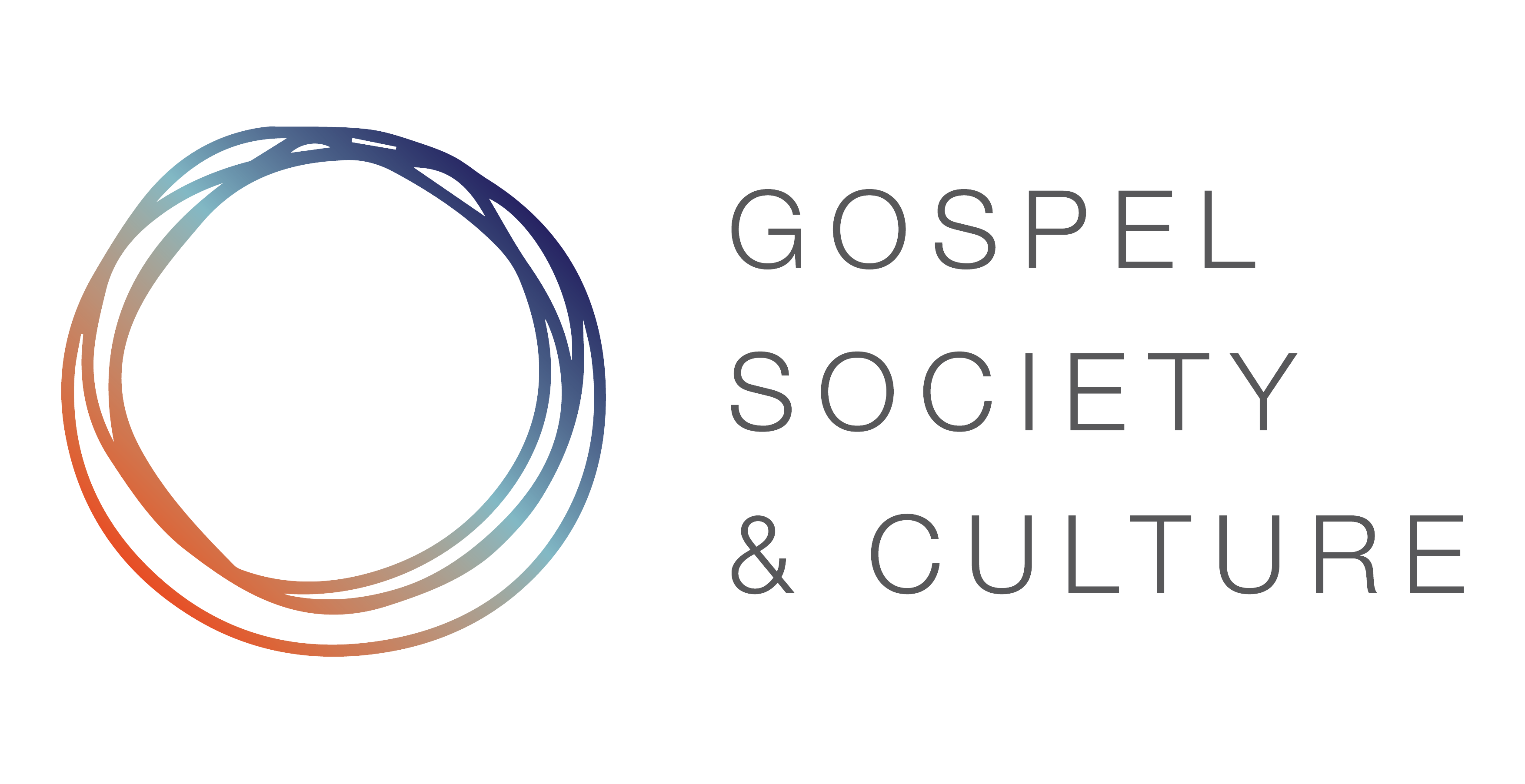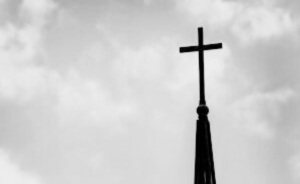by Kamal Weerakoon
Late last year, the NSW Government constituted the Faith Affairs Council. I have the privilege of representing Presbyterian and Reformed Churches.
We are an advisory council to the Minister for Multiculturalism. Membership of the council is determined by what the census reveals about the religious affiliations of the population of NSW. It is therefore ‘democratic’ – it seeks to represent the religious self-identifications of the people. It therefore includes all the major Protestant denominations; three representatives from the Roman Catholic Church; a Greek Orthodox priest; representatives from the Hindu, Buddhist, Sikh, Muslim, and Jewish communities and two representatives from interfaith organisations which organise public school scripture.
Bishop Michael Stead of the Sydney Anglican Church was appointed council chairman. He’s a faithful Christian man and a great proponent of conscientious freedom of religion. In this council, the role of chairman is similar to that of a Presbyterian moderator. He governs the meetings, but has no personal authority to act on council’s behalf. I think Bishop Stead has the character, credibility, wisdom and competence to help this council address issues of common interest.
Those issues have to do with the nature of ‘freedom’ of ‘religion’ in today’s secularised culture. The council gets to comment on legislation which may curtail the ability of religious people and institutions (e.g. schools, hospitals, aged care homes) to speak and act according to our honest convictions – e.g. issues of sexual identity and practice, euthanasia and abortion. We also get to suggest ways of addressing these issues consistent with our religious beliefs – what we believe to be good, wholesome birth, sex, and death.
On the one hand, don’t expect too much from this council. We’re an interfaith council; our religious doctrines are often inconsistent, so we don’t always agree. And we’re only an advisory board so the minister and government don’t have to accept our advice.
On the other hand, don’t be cynical about this council’s impact either. We’ve only had a couple of meetings, but I’ve so far been impressed with the competence and goodwill of Minister Kamper, his political colleagues, the staff of Multicultural NSW, and the other religious representatives on the council. Everyone seems to genuinely want to build on the values that we do hold in common to work together for the common good. Please pray that this council would help create the kind of conditions where “we may live peaceful and quiet lives in all godliness and holiness,” which are exactly the kind of conditions under which can urge (not compel) “all people to be saved and to come to a knowledge of the truth” (1 Tim 2:2, 4).
Photo by Brett Sayles

